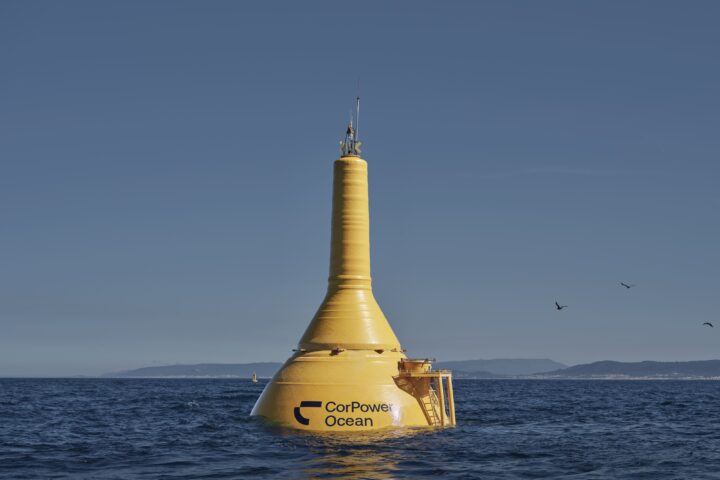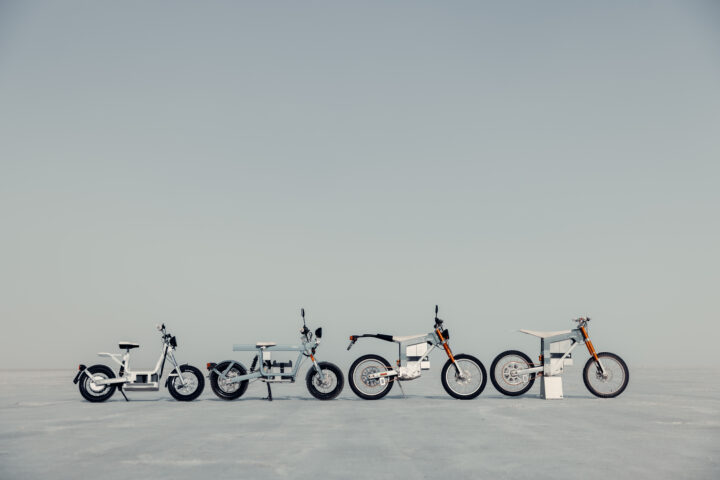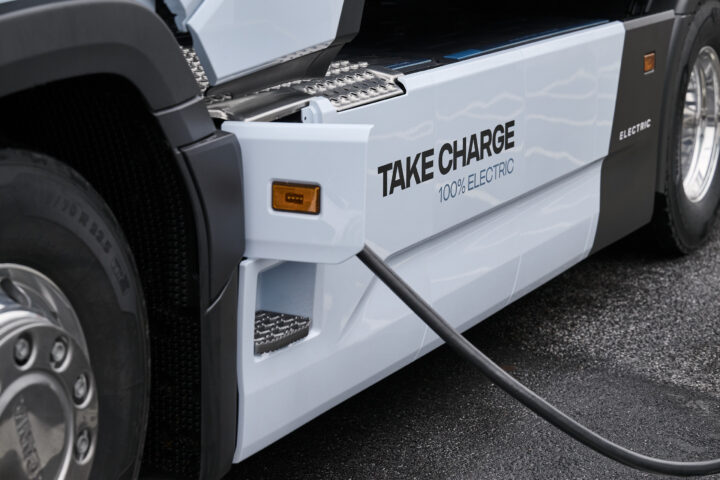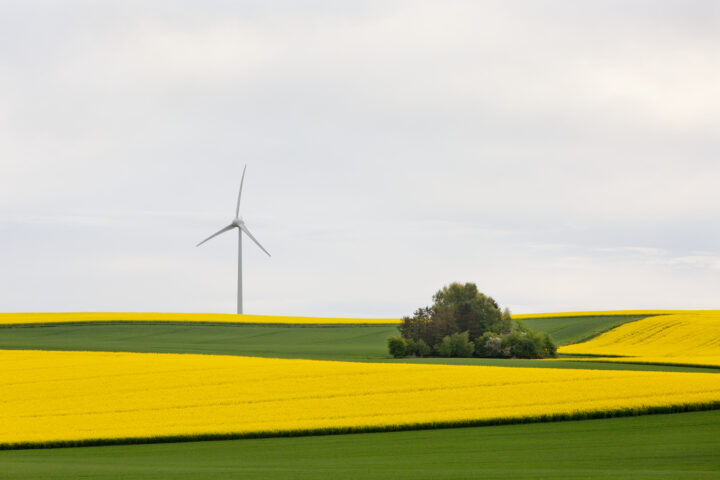Swedish Cleantech News - Page 4 of 15 - Swedish Cleantech
Renewable Energy
CorPower Ocean installs first commercial-scale wave energy converter
Wave power has a huge potential to meet the world’s need for electricity, but the technology for harnessing the energy from waves has long been under development. The company CorPower Ocean is one of the companies trying to crack the code and has just installed its first full-scale converter in Portugal.
Resources and Environment
Adsorbi – Air purification with help from the forest
Air pollution affects almost everyone on the planet. Today, the common practice is to extract pollutants by using activated carbon, which is usually fossil-based. The company Adsorbi has found a way to clean the air without harming the environment and the solution is found in the forest.
Sustainable Materials
Decarbonizing the concrete industry
Swedish companies can now slash several hundred kilograms carbon dioxide emissions per ton from the concrete manufacturing process. New high-tech innovation paired with solutions from the old Roman Empire lies behind this reduction.
Water and Wastewater
Swedish innovations that change how we think about water
Global research has revealed that 2.6 billion people around the world lack improved sanitation, 800 million lack safe drinking water, and 60 per cent of the earth’s ecosystem services are deteriorating. All these challenges are directly linked to water security.
Sustainable Materials
Recoma – turning waste into sustainable products
Composite packaging is great to store food in, but difficult to recycle. Only a small part of the packaging can be used to make new cartons and the rest is incinerated. This led to the birth of Recoma; a Swedish company that makes construction material out of old packaging.
Renewable Energy
The Green Hydrogen Boom
Nothing was happening, but suddenly the flood gates opened. Swedish hydrogen companies and their major investments are on everyone’s lips. Access to clean energy, extensive knowledge around materials and an exploding demand have made Swedish hydrogen a red-hot arena.
Sustainable Materials
H2 Green Steel invests in the production of green hydrogen
H2 Green Steel - a company based in the north of Sweden on a mission to produce fossil-free steel - has signed a multi-billion-dollar agreement with German company Thyssenkrupp Nucera for the construction of one of the world's largest electrolysis plants.
Resources and Environment
CemVision has produced its first fossil-free cement in test facility
CemVision has previously produced its fossil-free cement in its pilot facility with a capacity of hundreds of tonnes per year. Now, the company has transferred the production to a test facility, meaning that the production increases to thousands of tonnes fossil-free cement per year and almost as big reduction in carbon dioxide emissions.
Sustainable Transportation
CAKE launches in India
The Swedish premium lightweight electric motorcycle manufacturer CAKE has announced its entry into the Indian market. The first step is an introduction of 250 bikes from the model Makka, but more models are expected to follow.
Sustainable Transportation
Northvolt and Scania unveil green battery for electric heavy trucks
Swedish truck maker Scania and battery producer Northvolt have presented an electric battery with a lifetime equivalent to a Scania truck, about 1,5 million kilometres.
Recycling and Waste
World’s largest glycol recycling facility reduces the environmental footprint for airports
Airports use a de-icing fluid on aircrafts before take-off. The fluids contain glycol, which needs to be treated and disposed of after use. The Swedish company Vilokan is now working with the Syracuse Hancock International Airport to realize the world’s largest glycol recycling and water purification plant, which would save water, decrease the environmental impact and reduce costs.
Renewable Energy
The construction of Sweden’s first hybrid parks has started
In southern Sweden, Vattenfall, a state-owned energy company, is building two battery storage systems that will be an efficient combination of wind power and batteries. The two battery storage facilities are expected to be ready for operation in early 2024.











